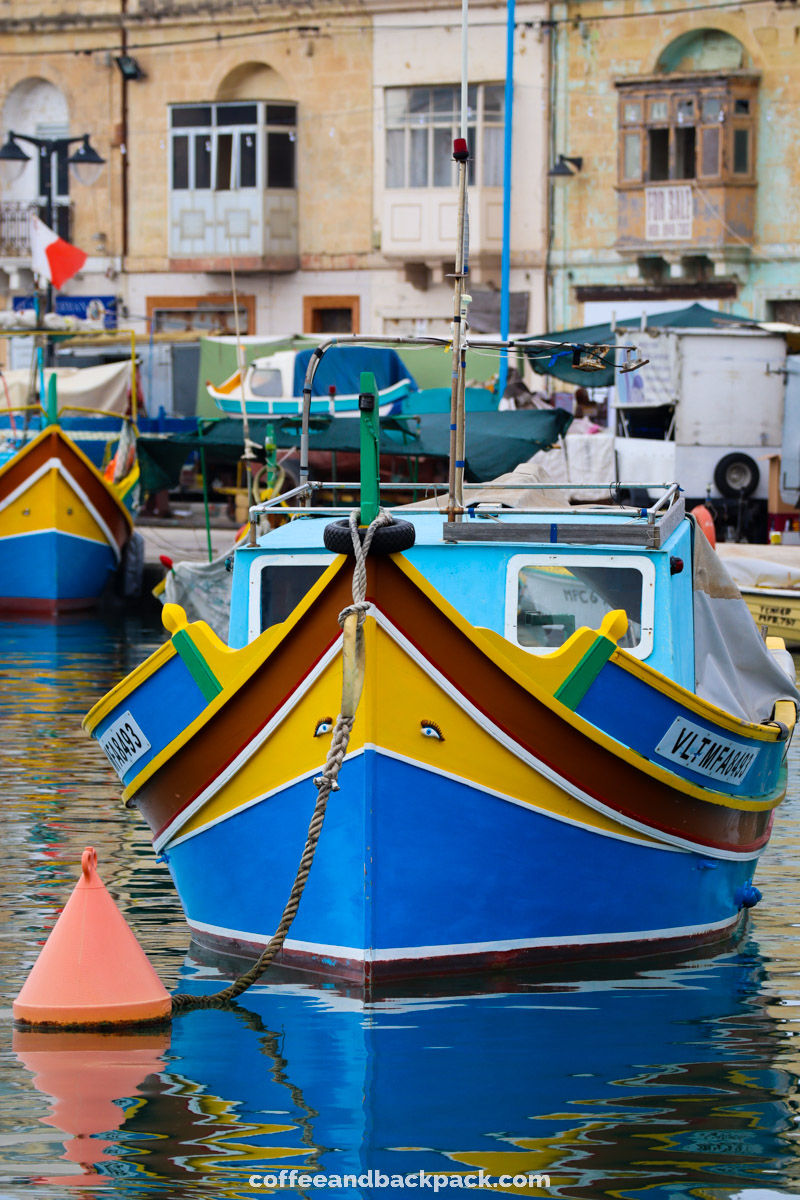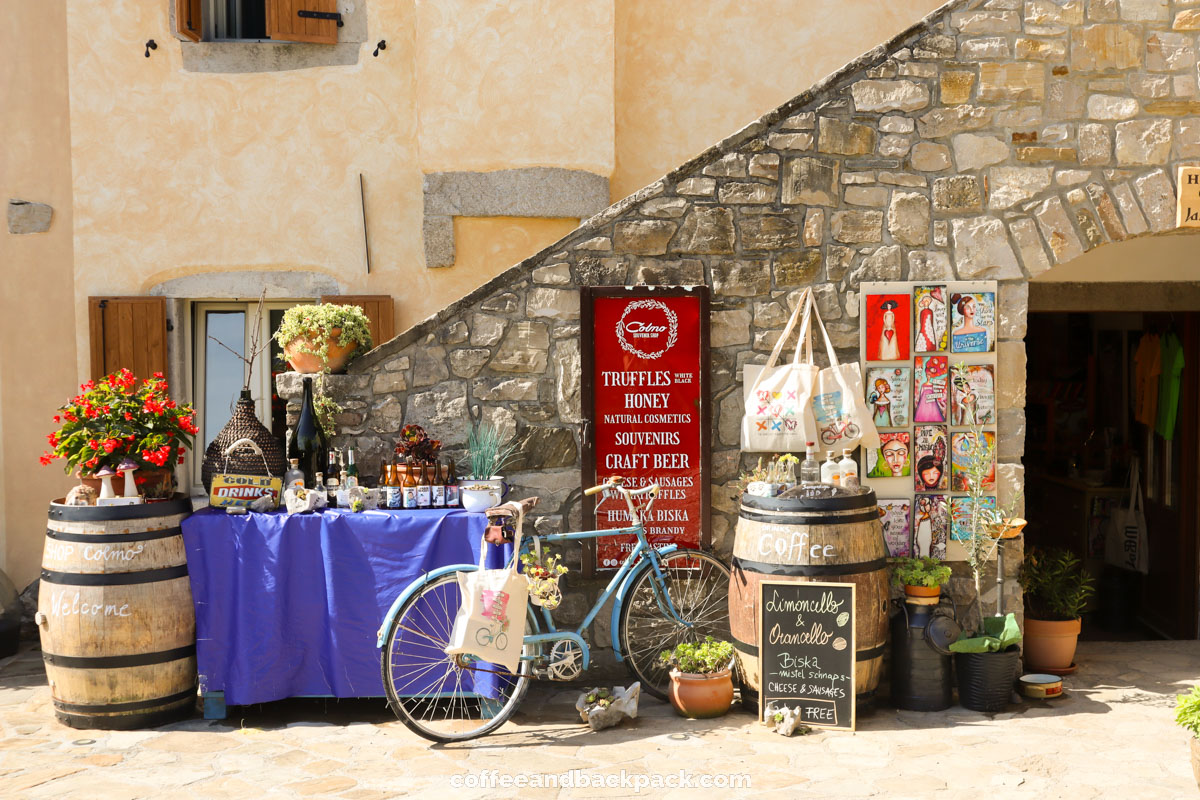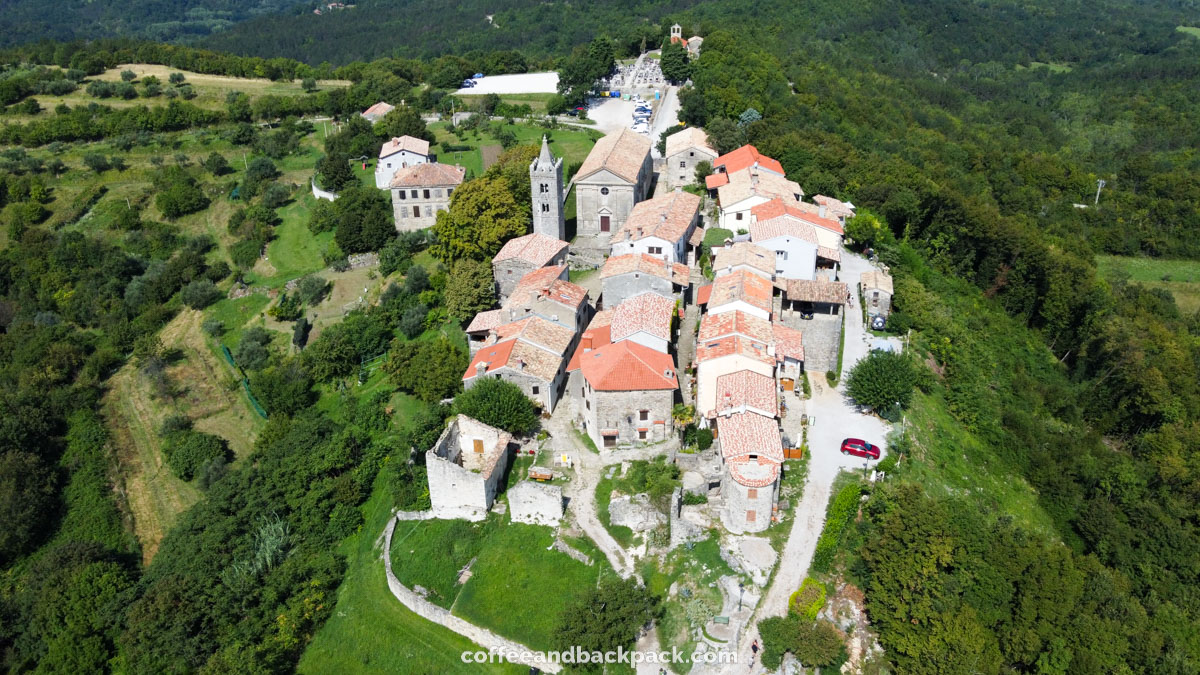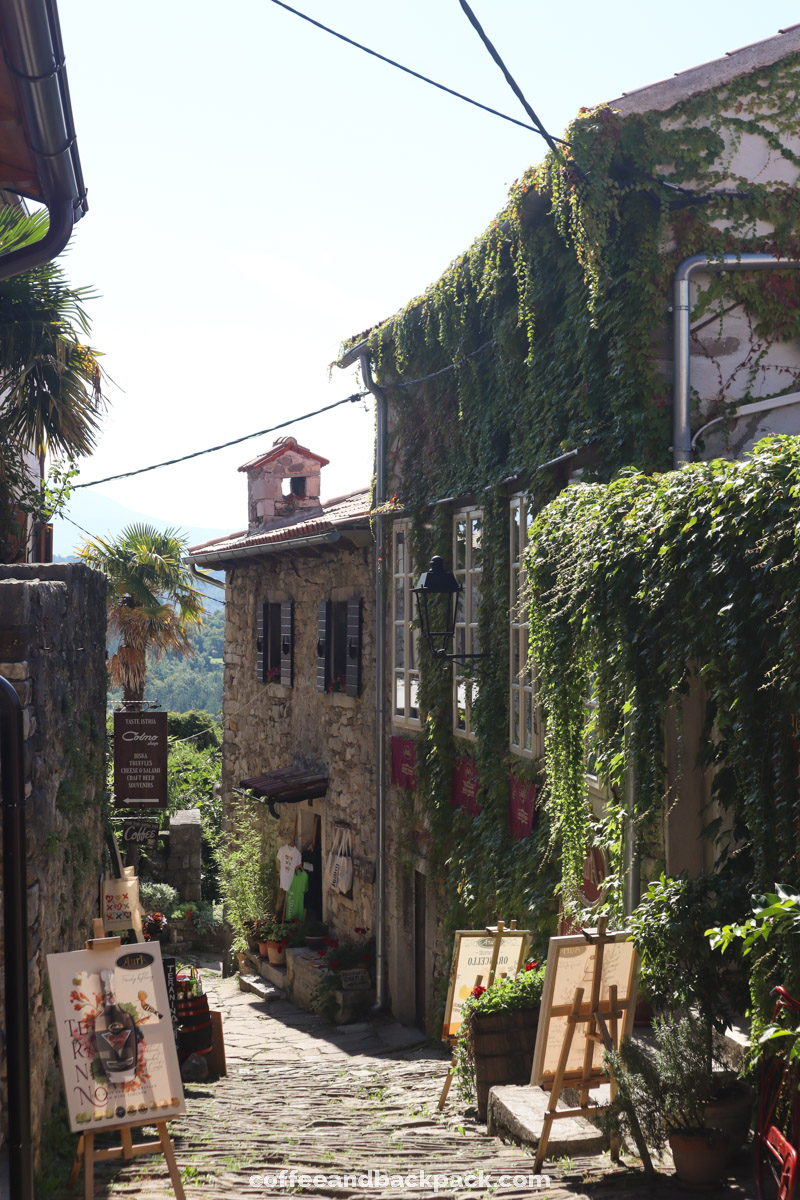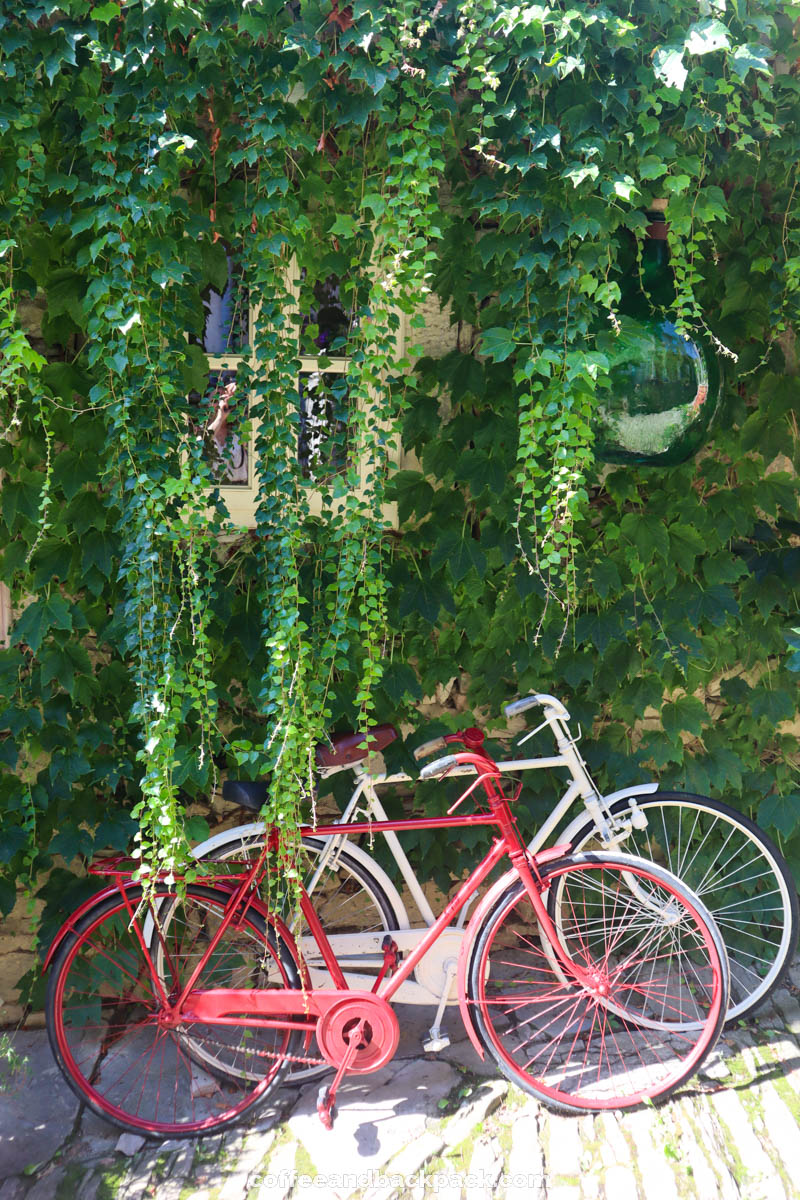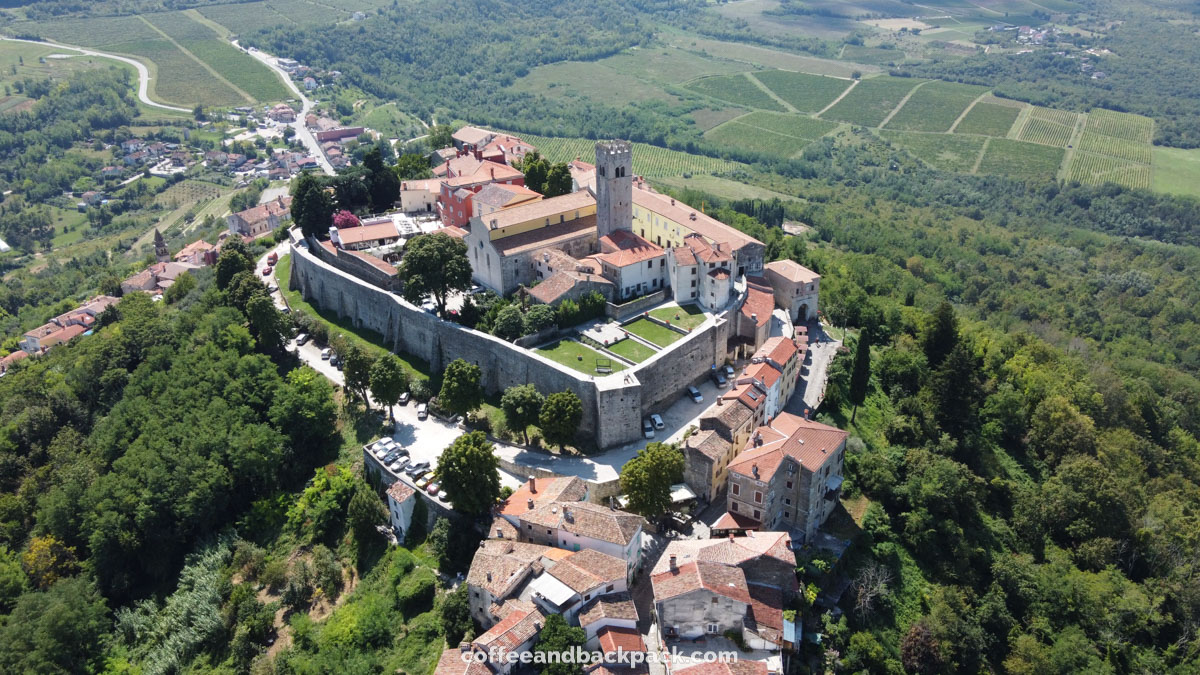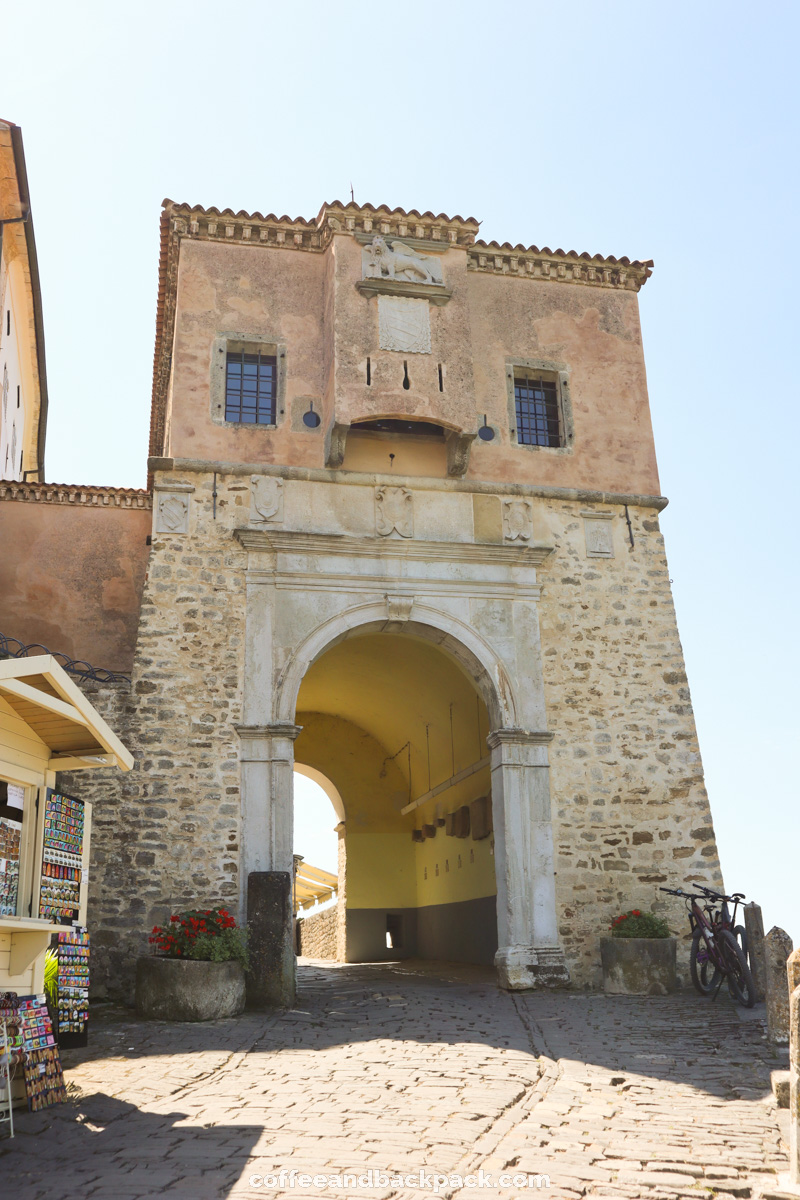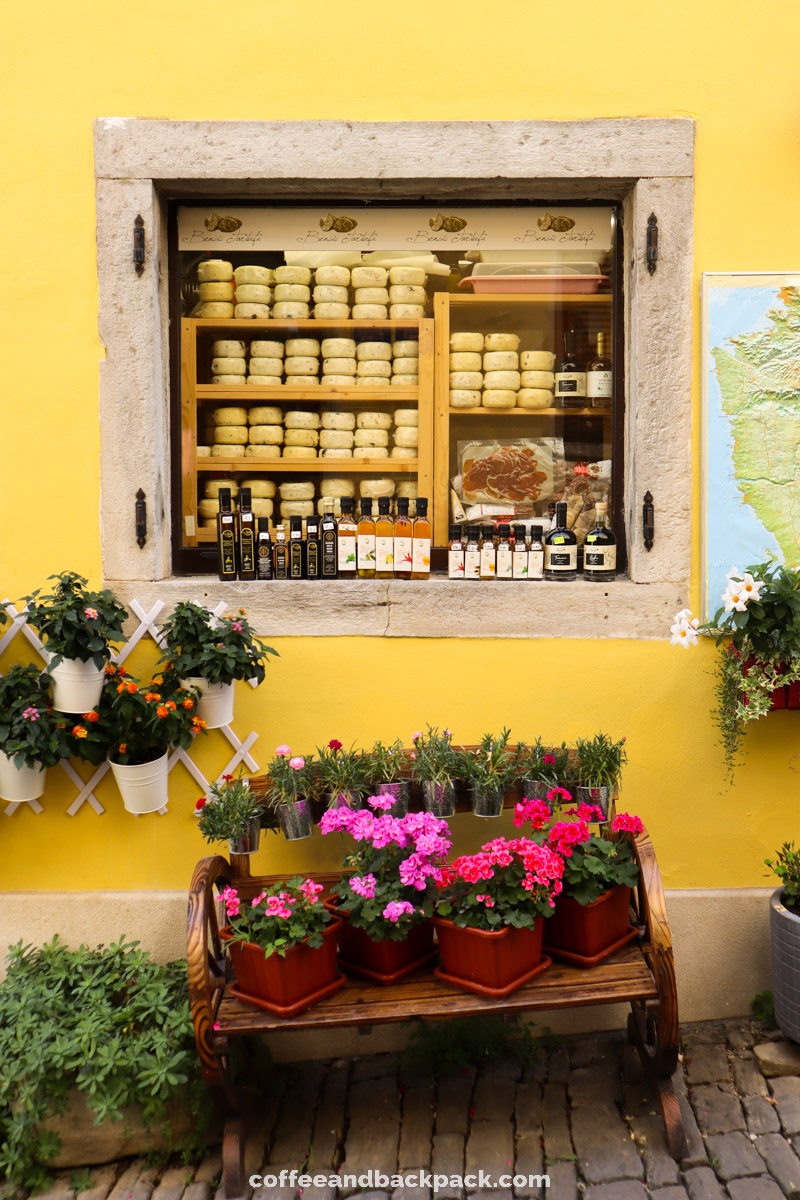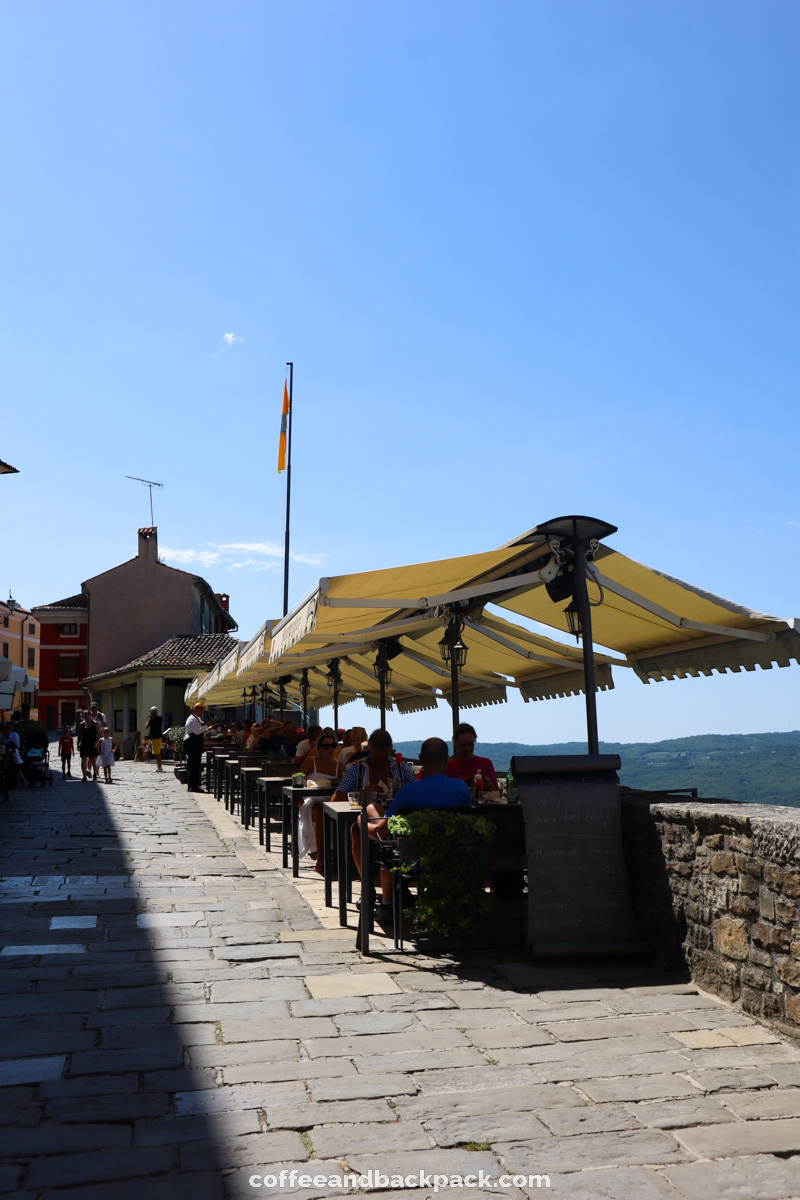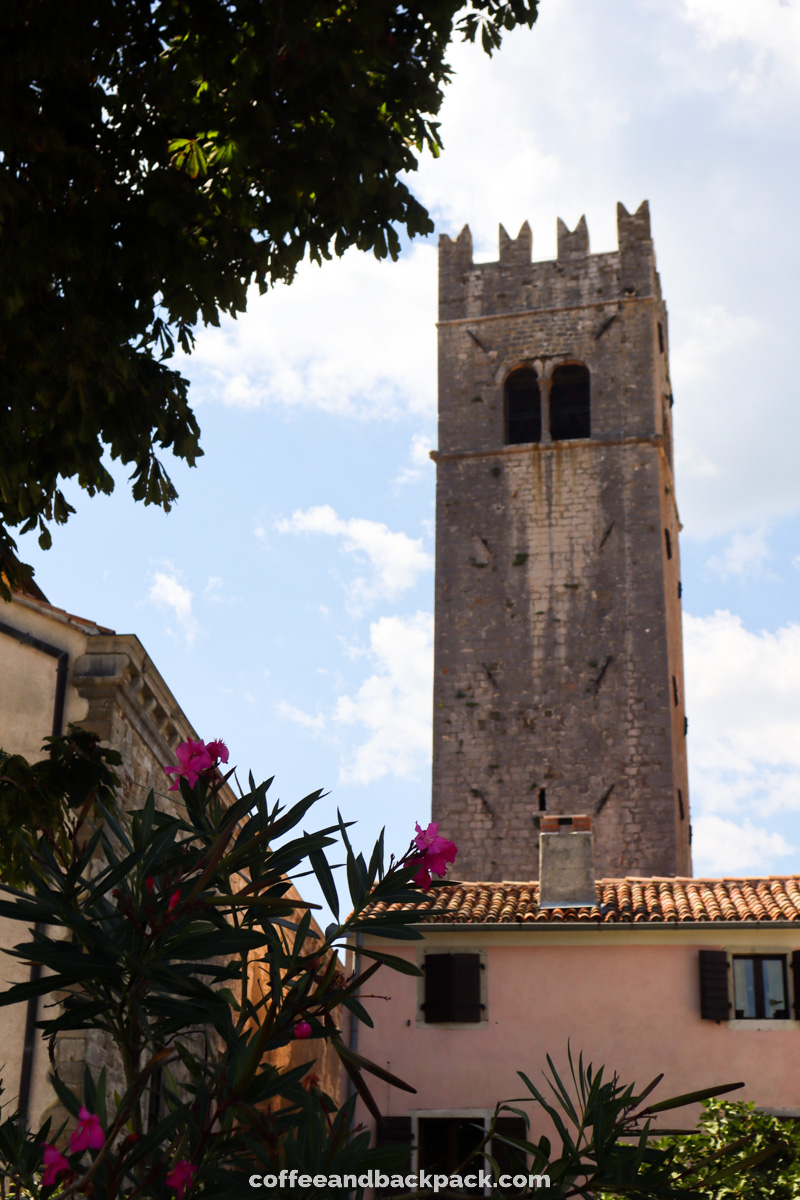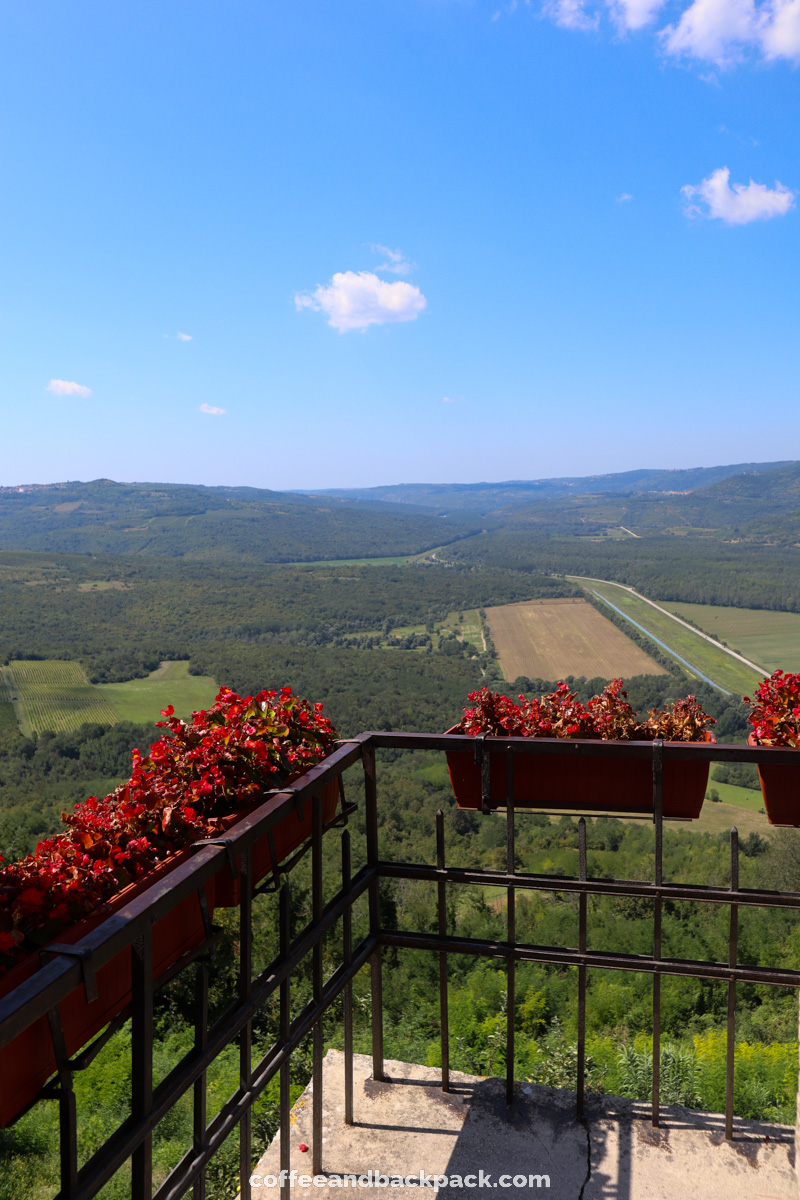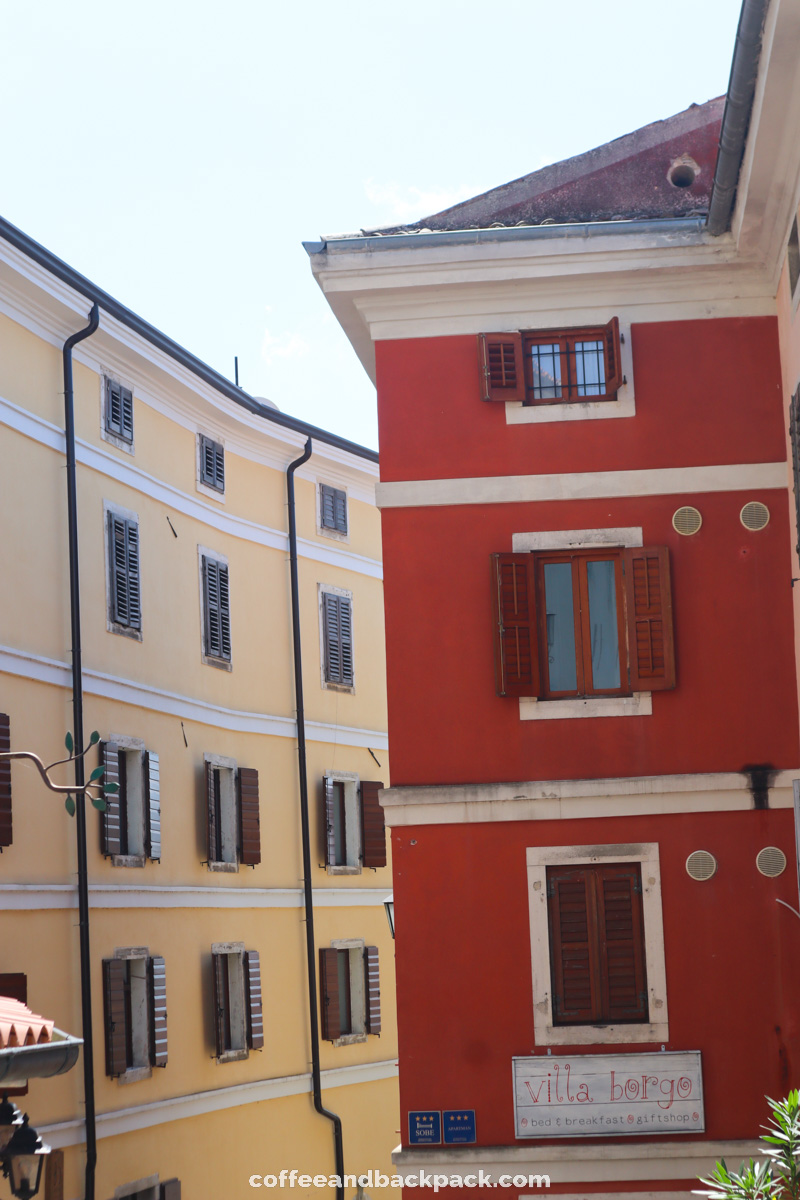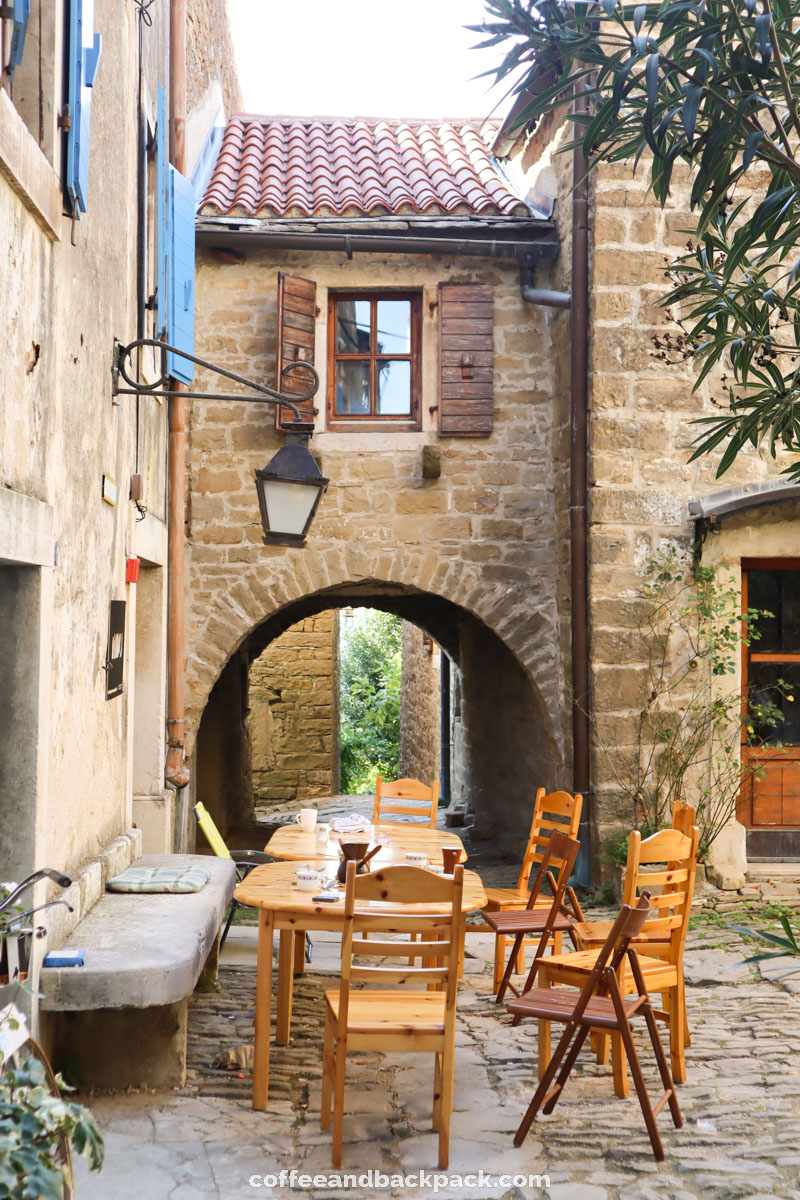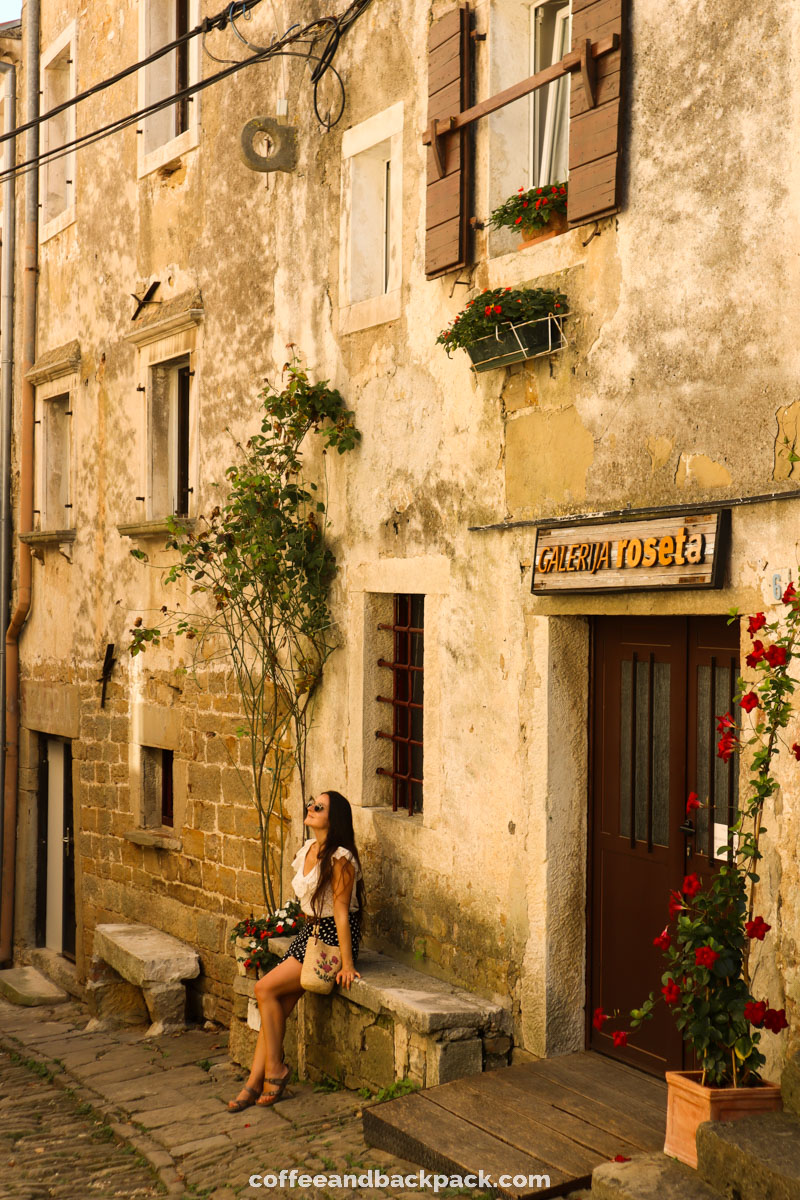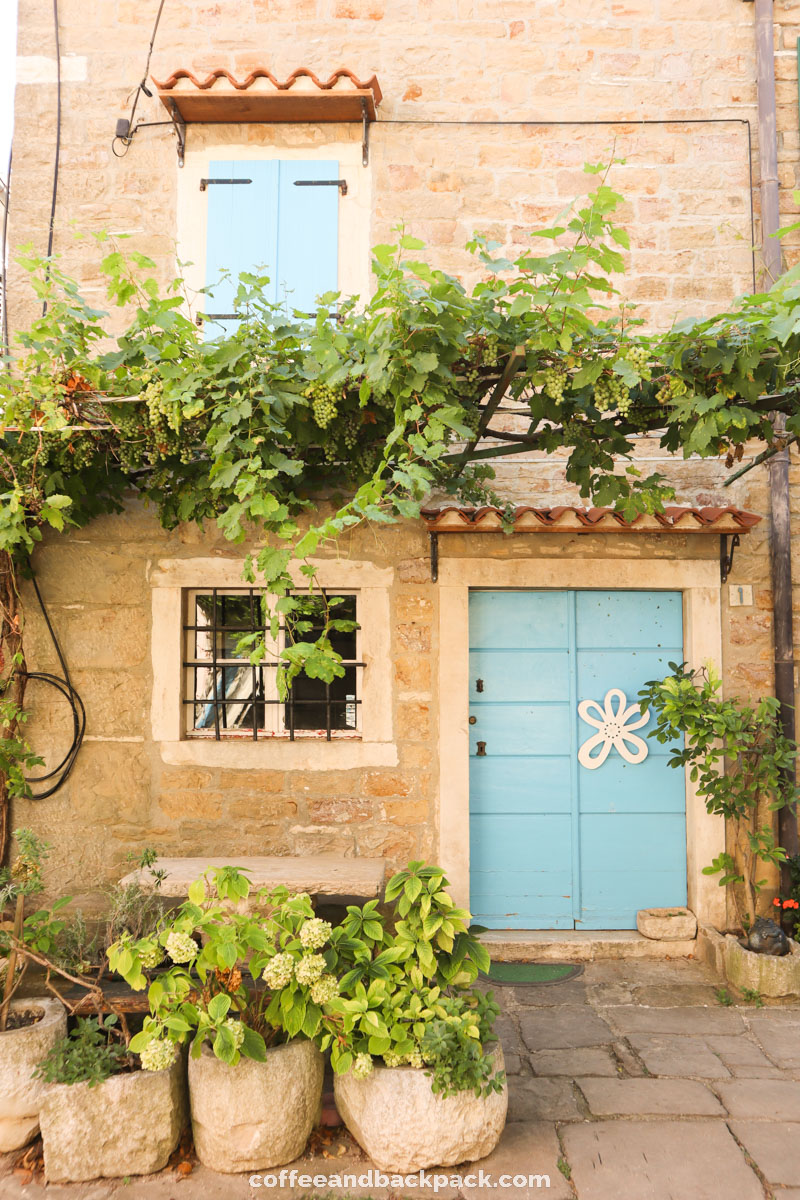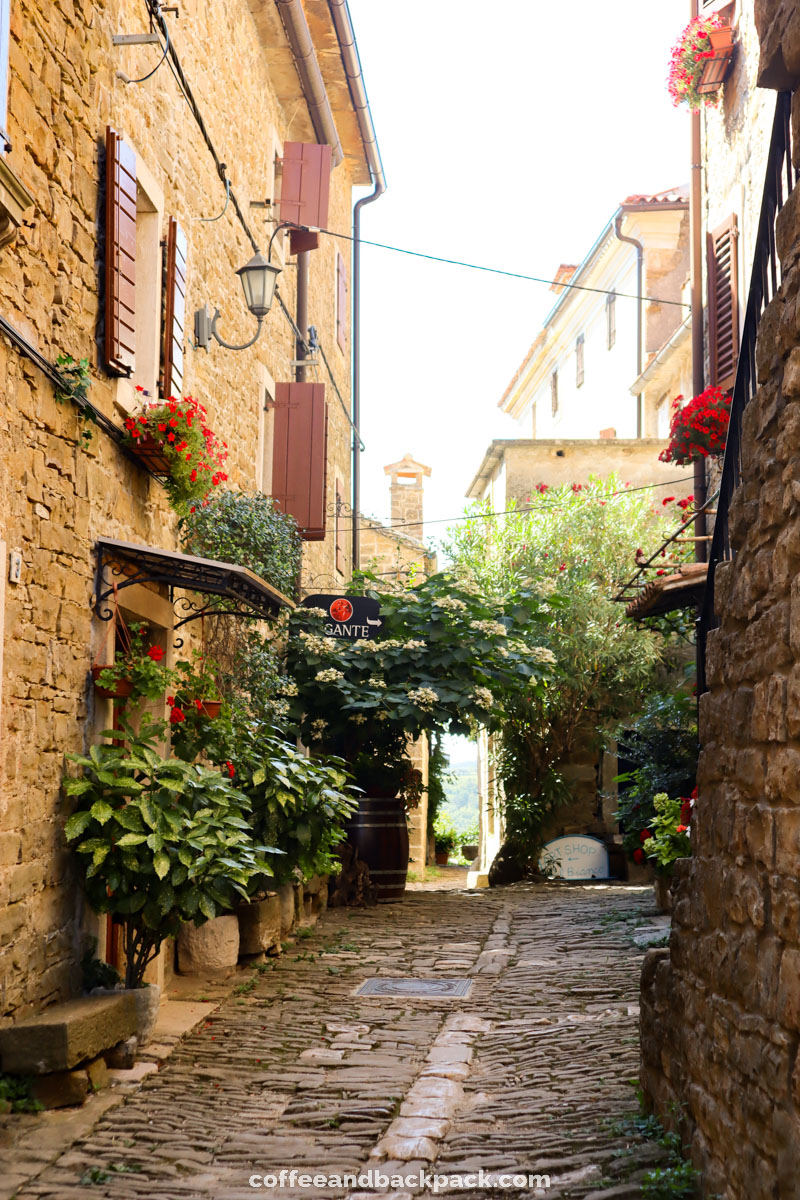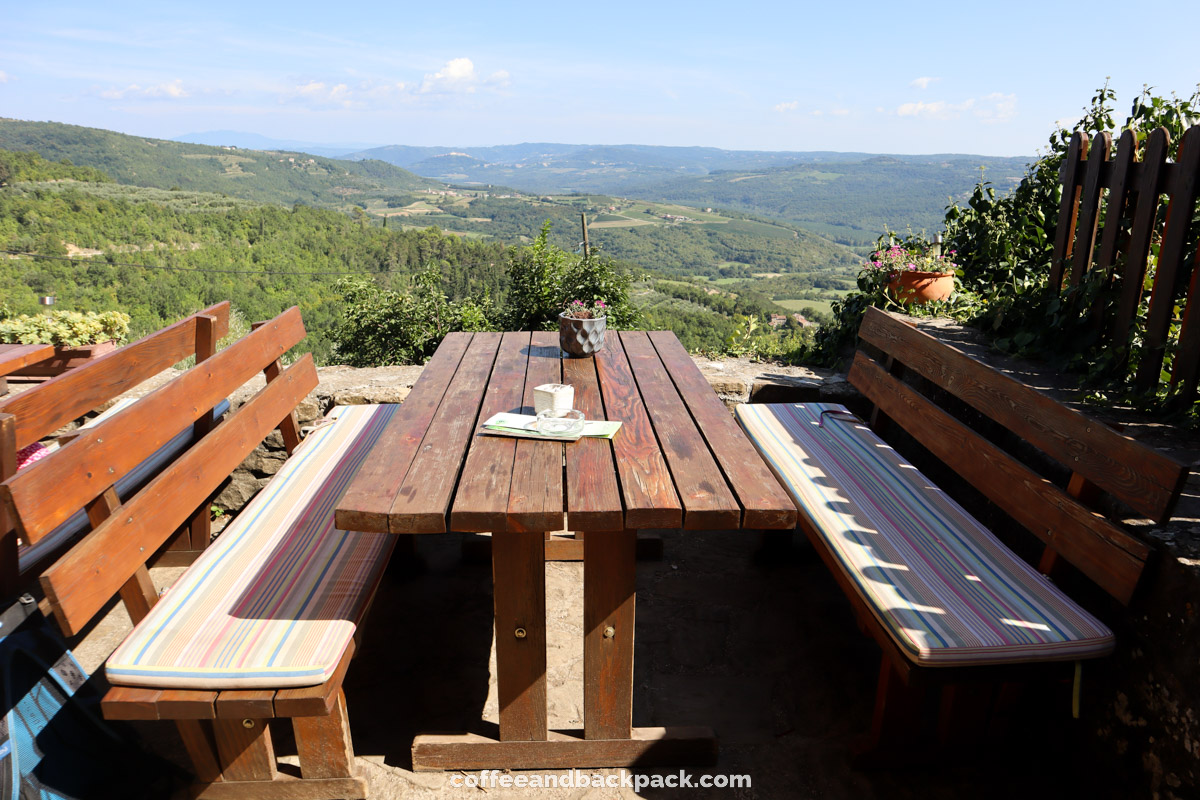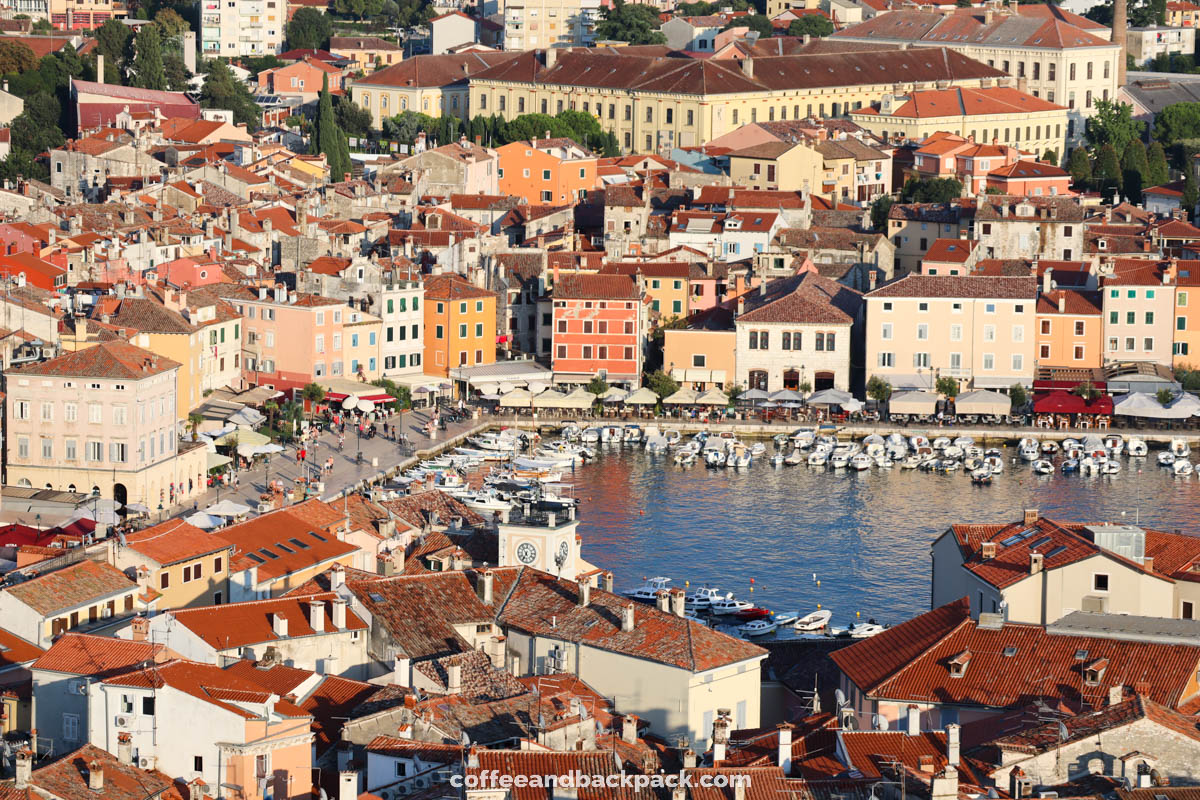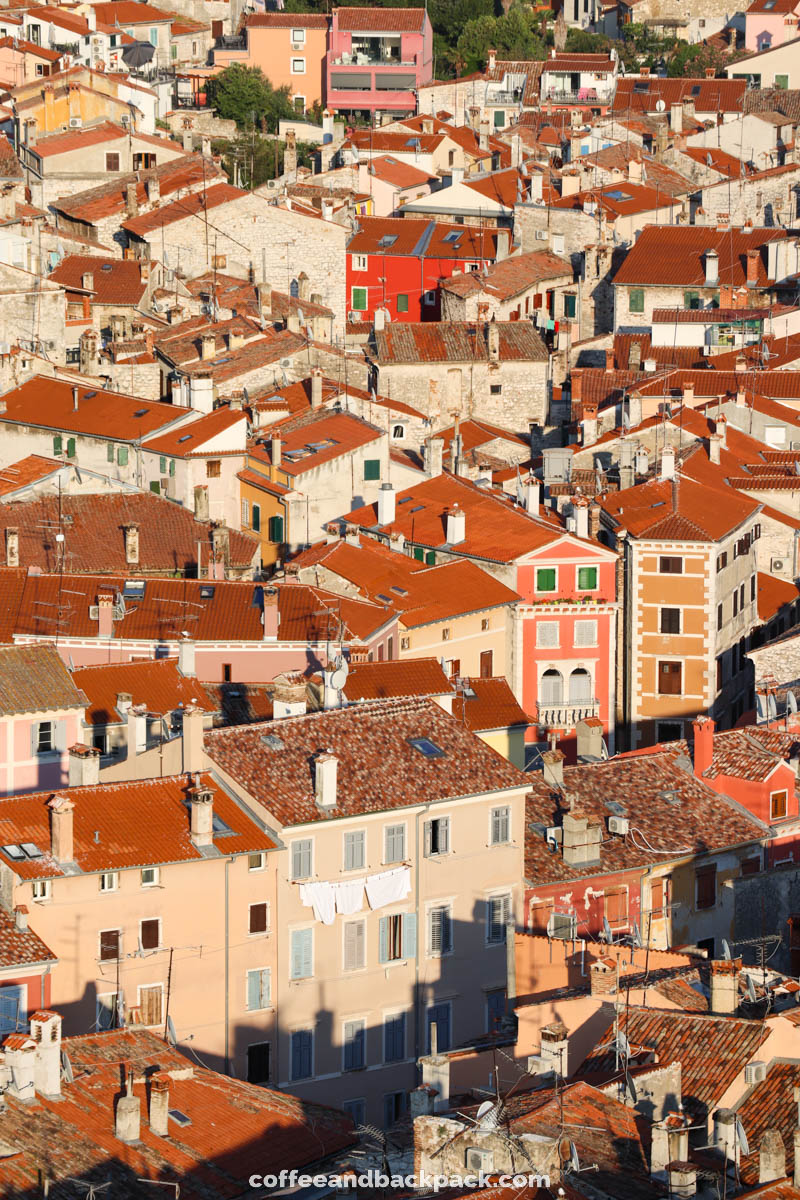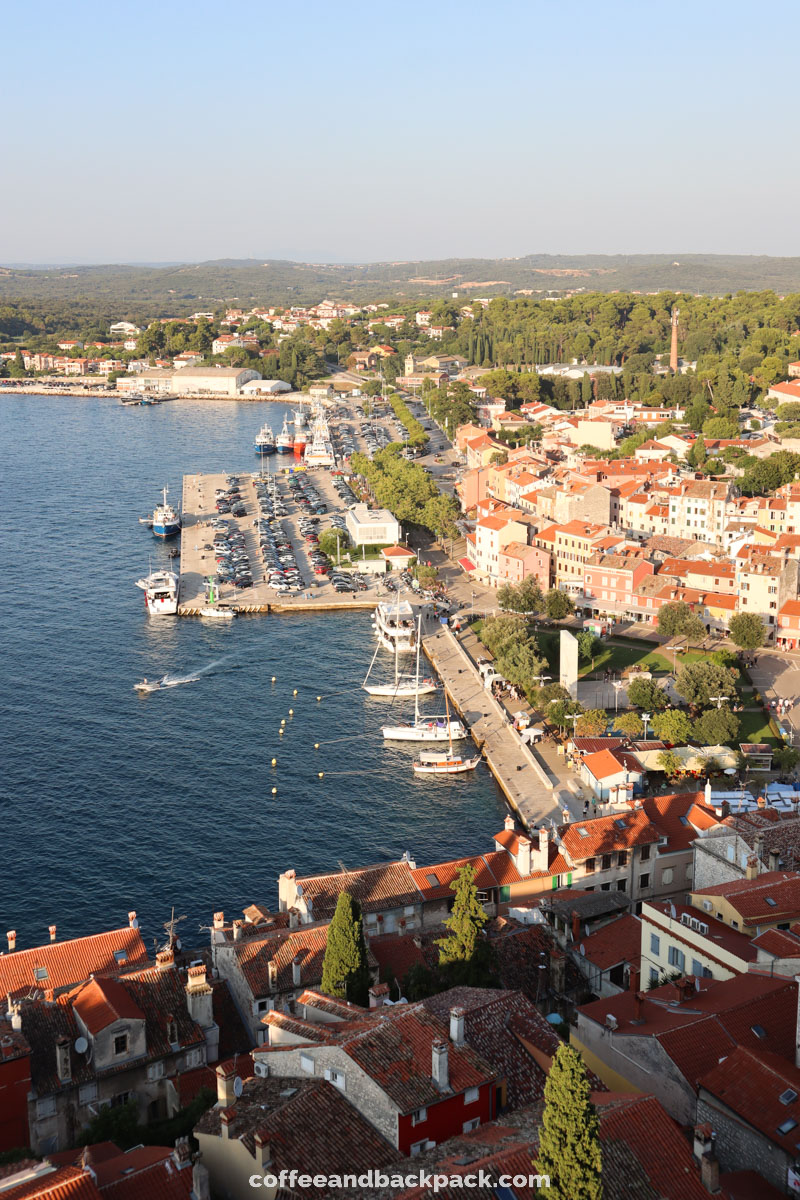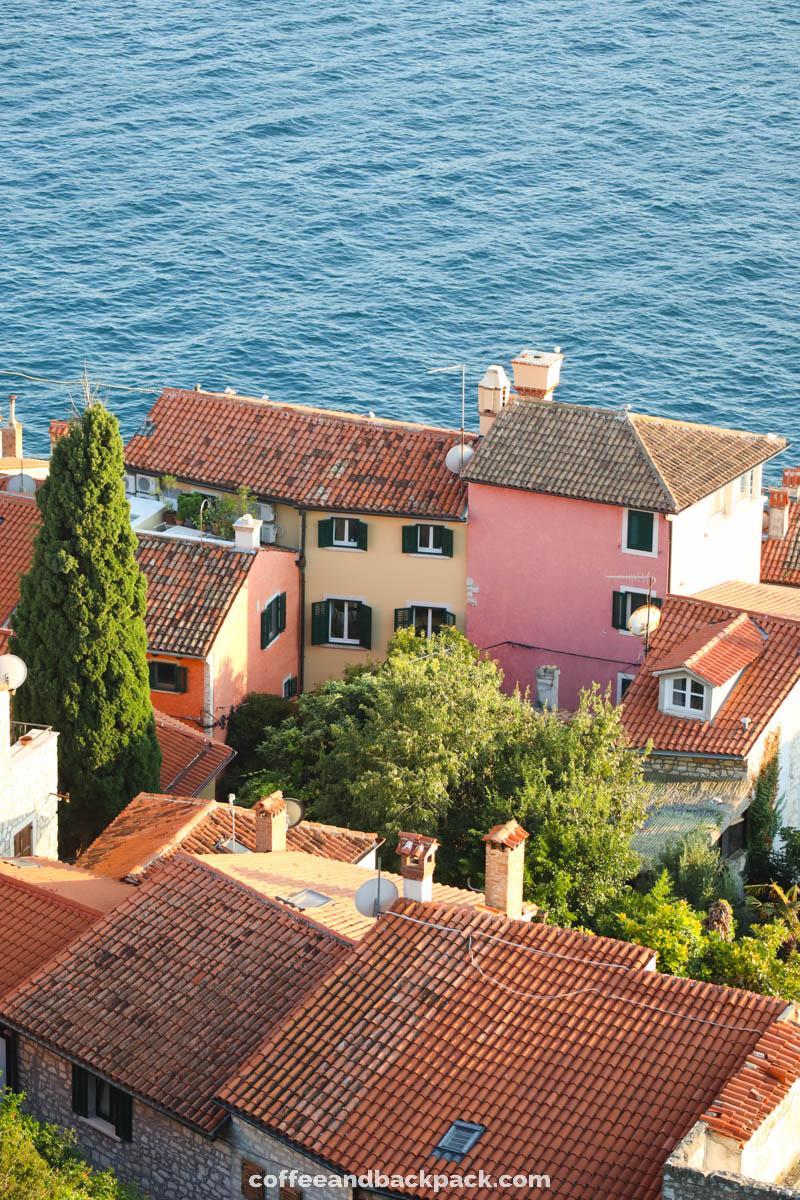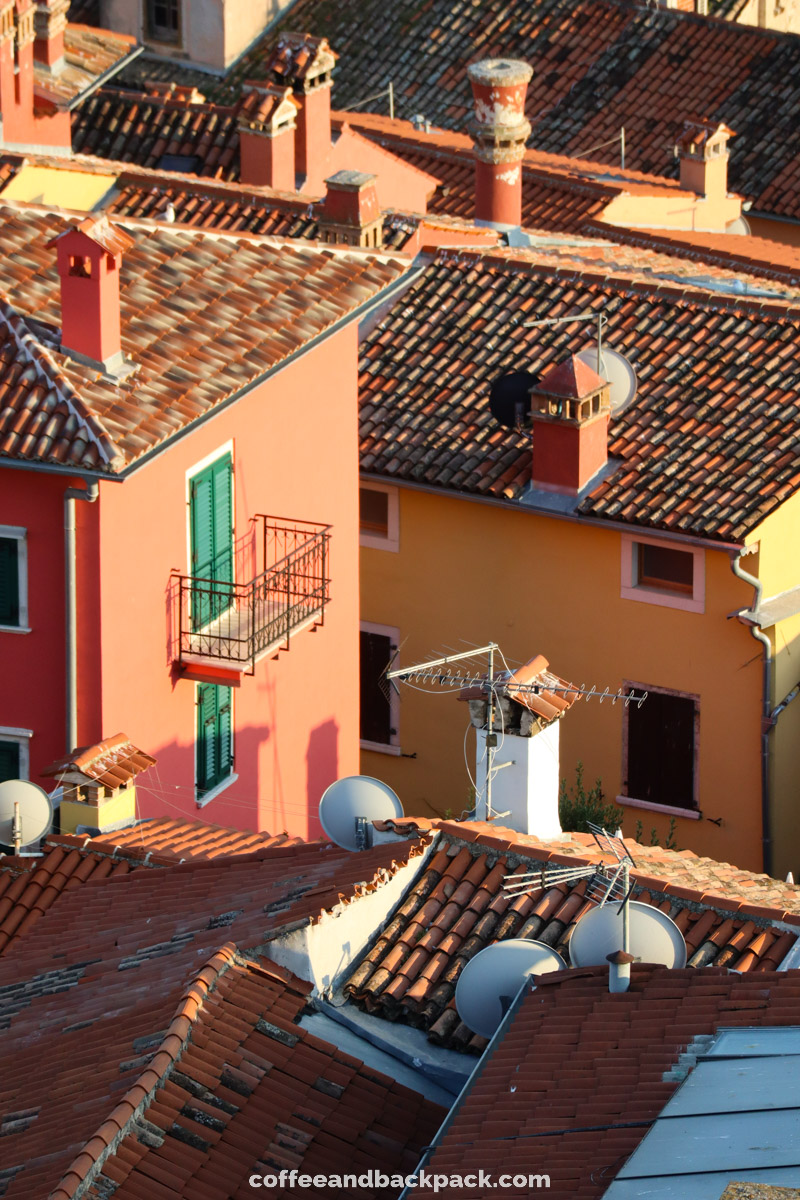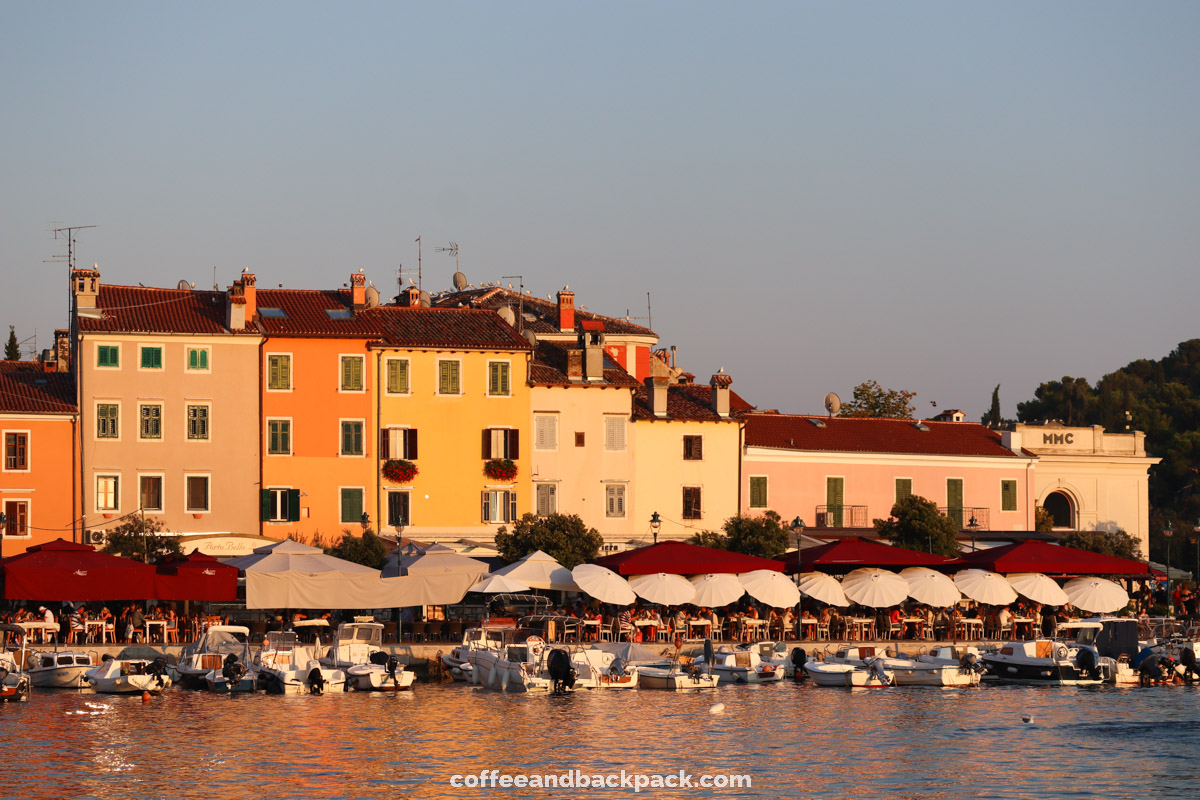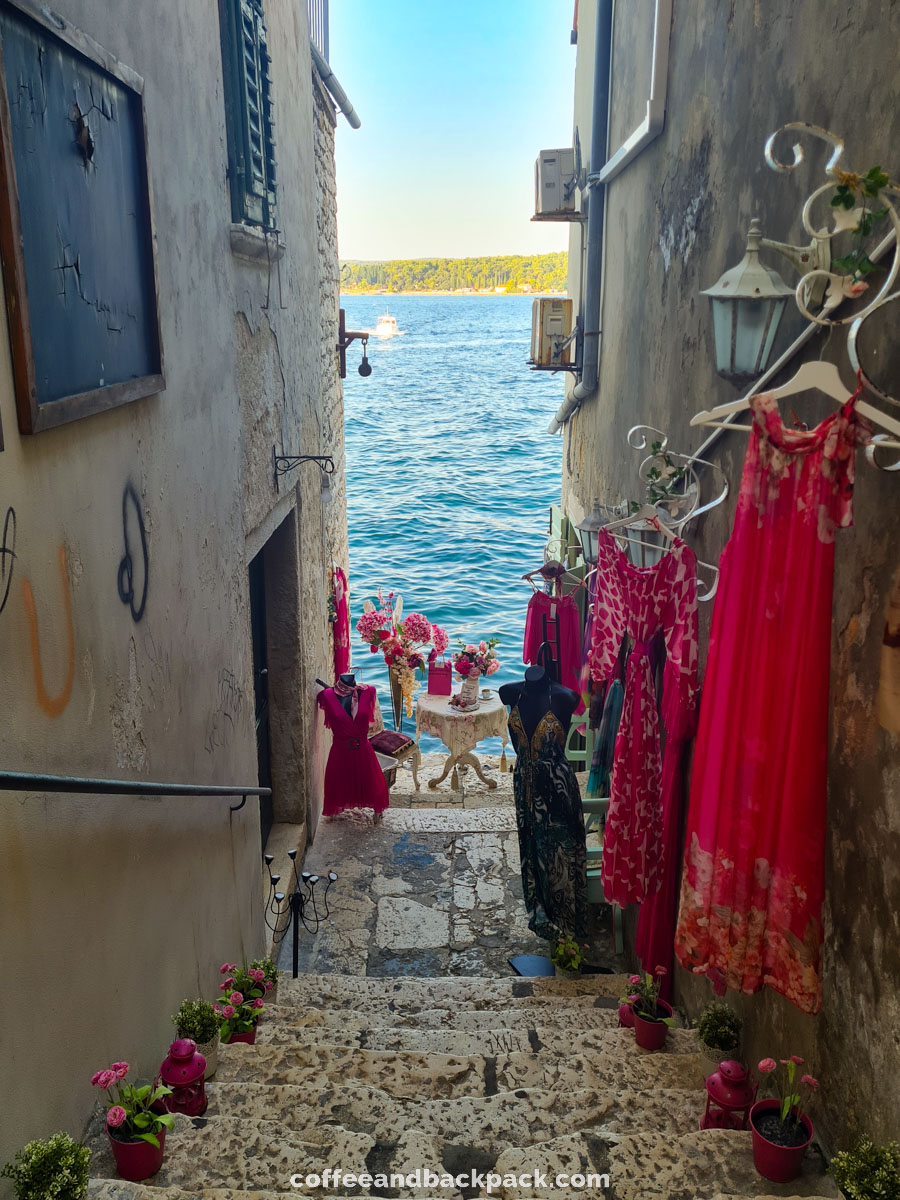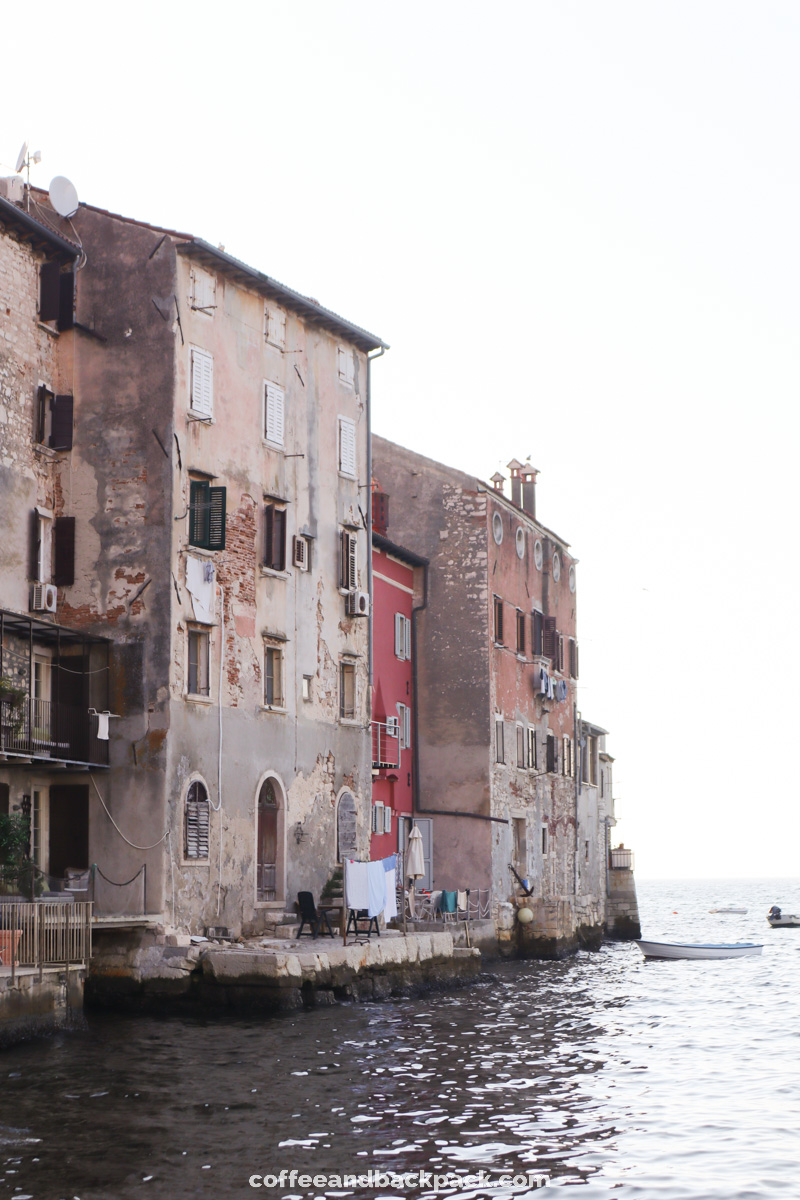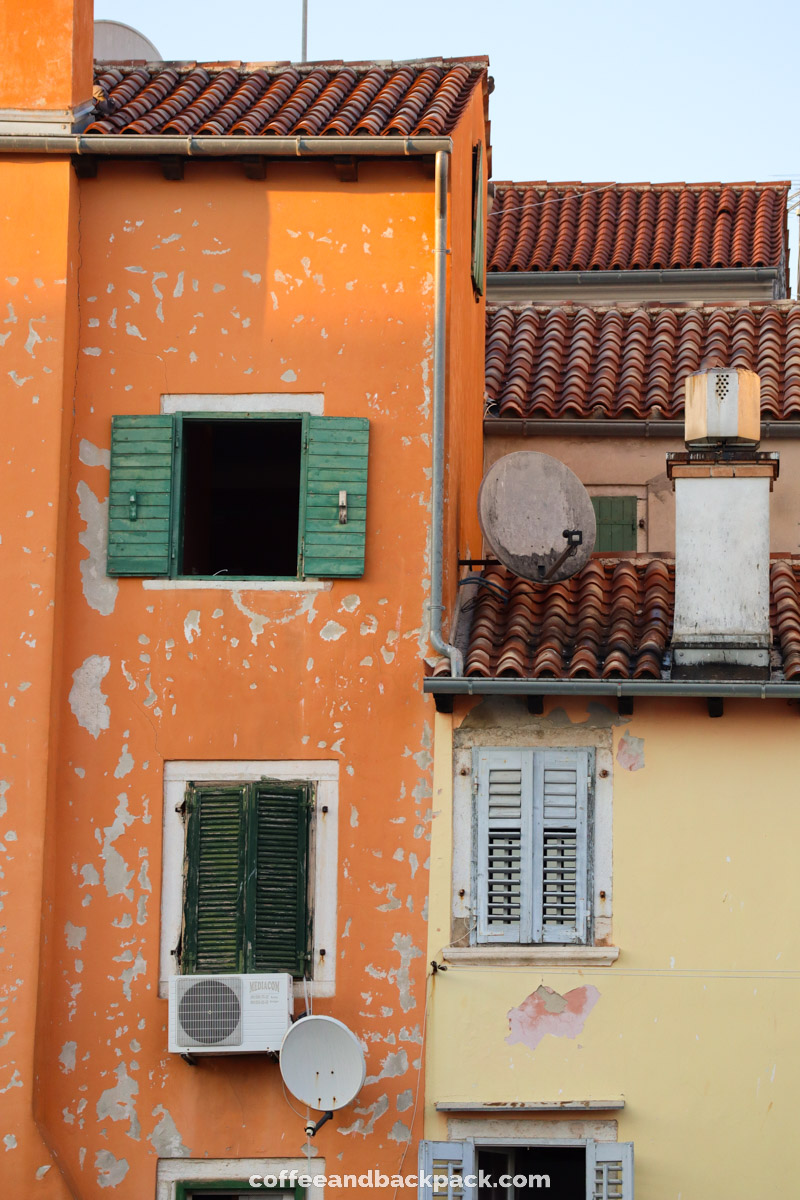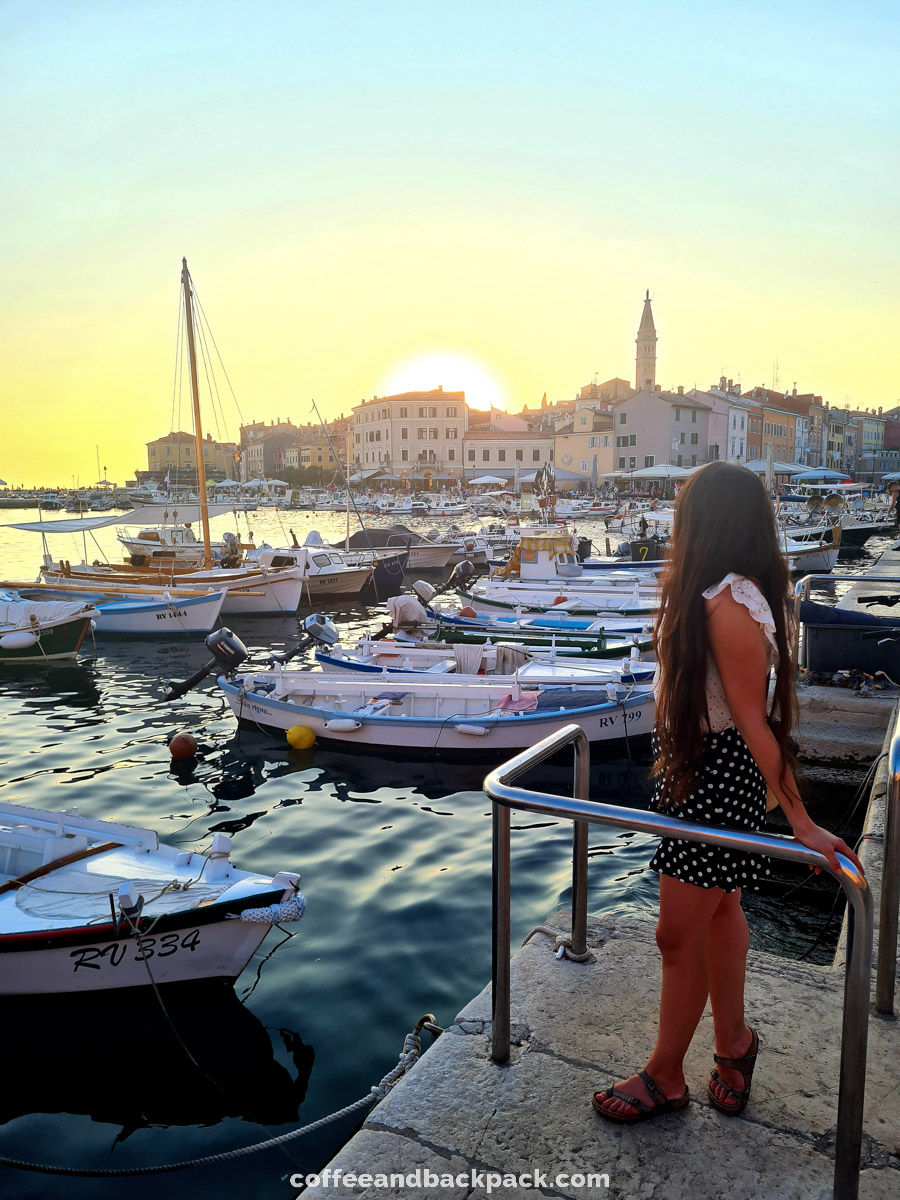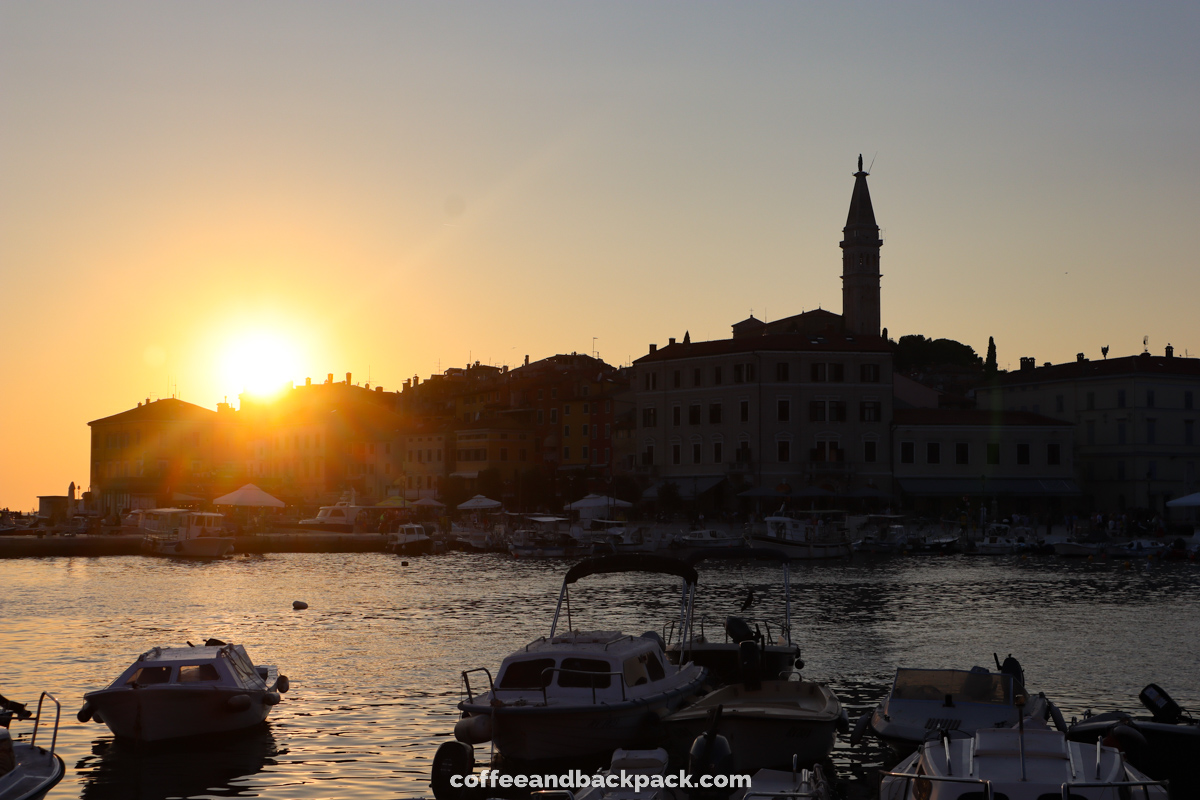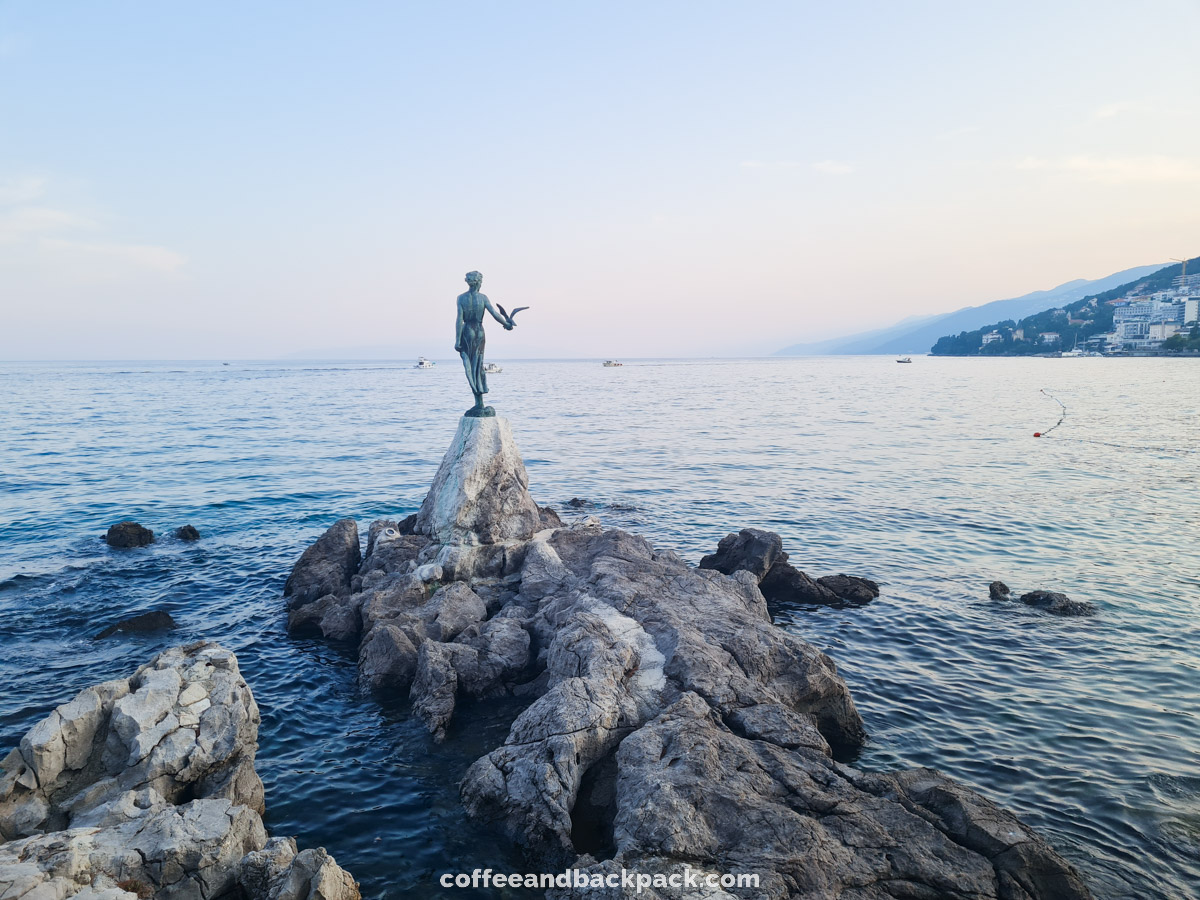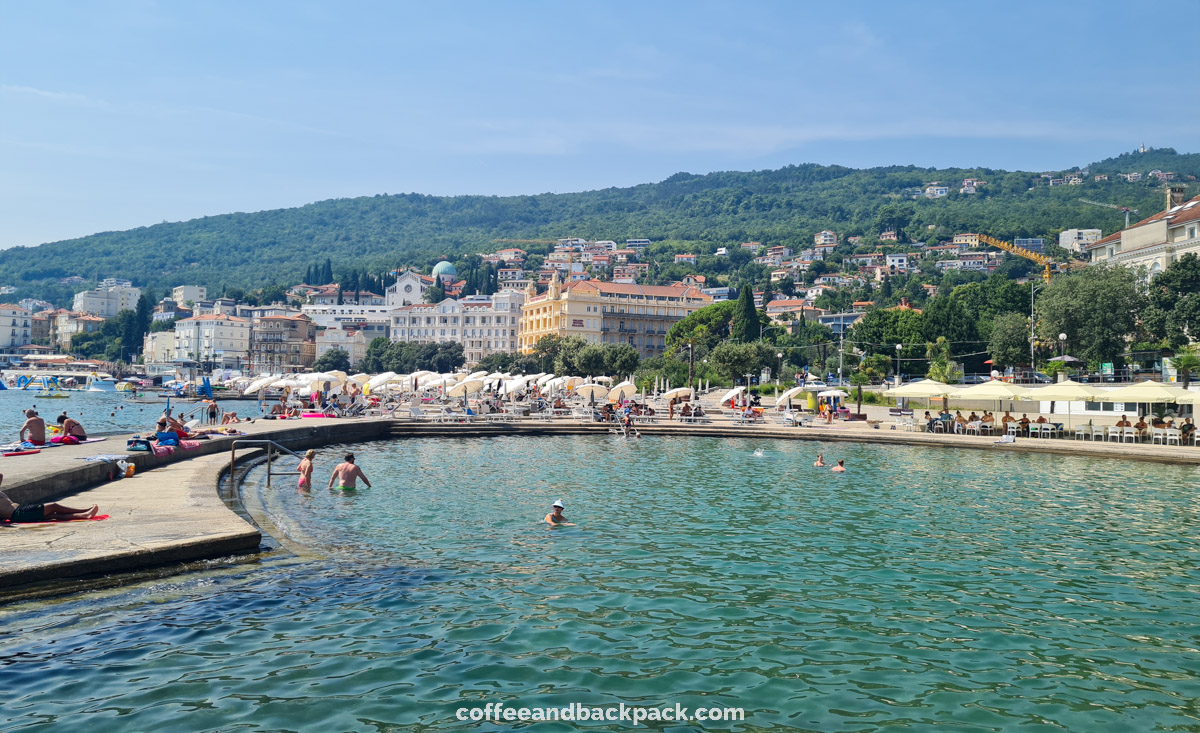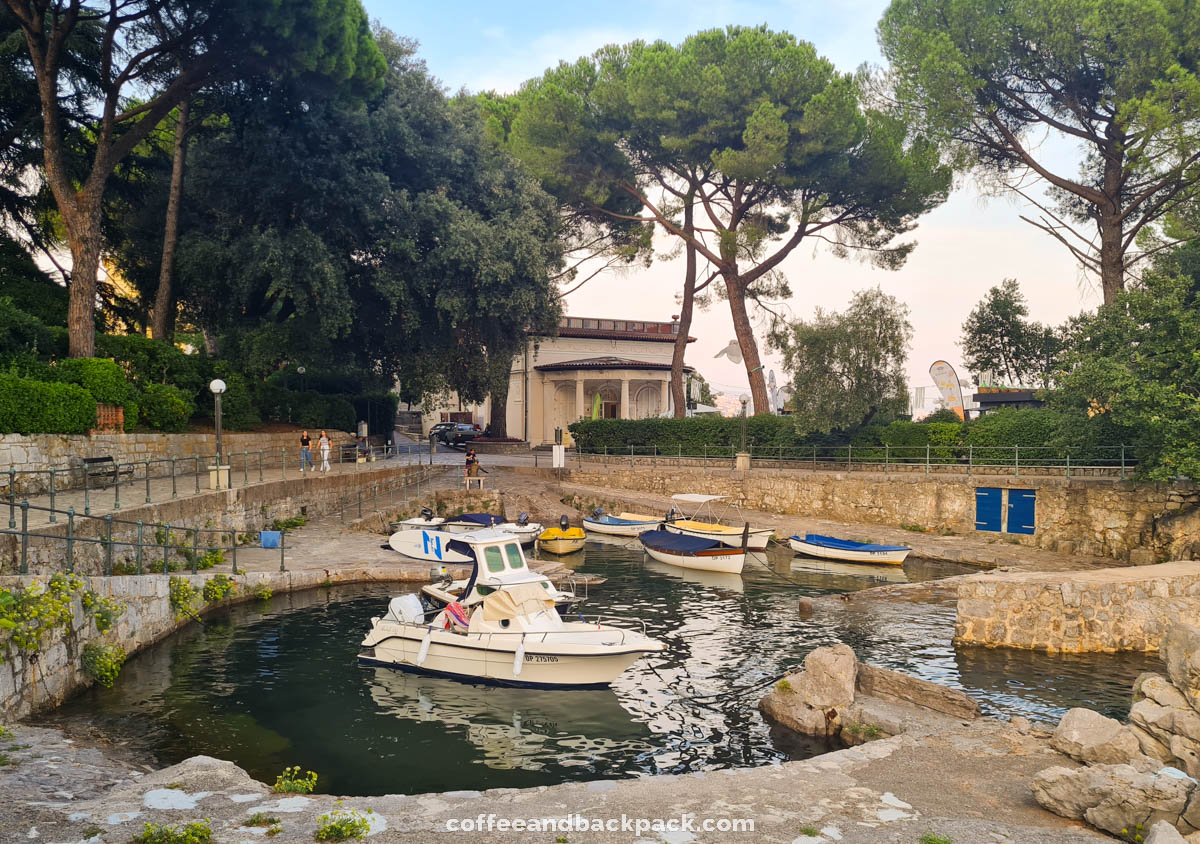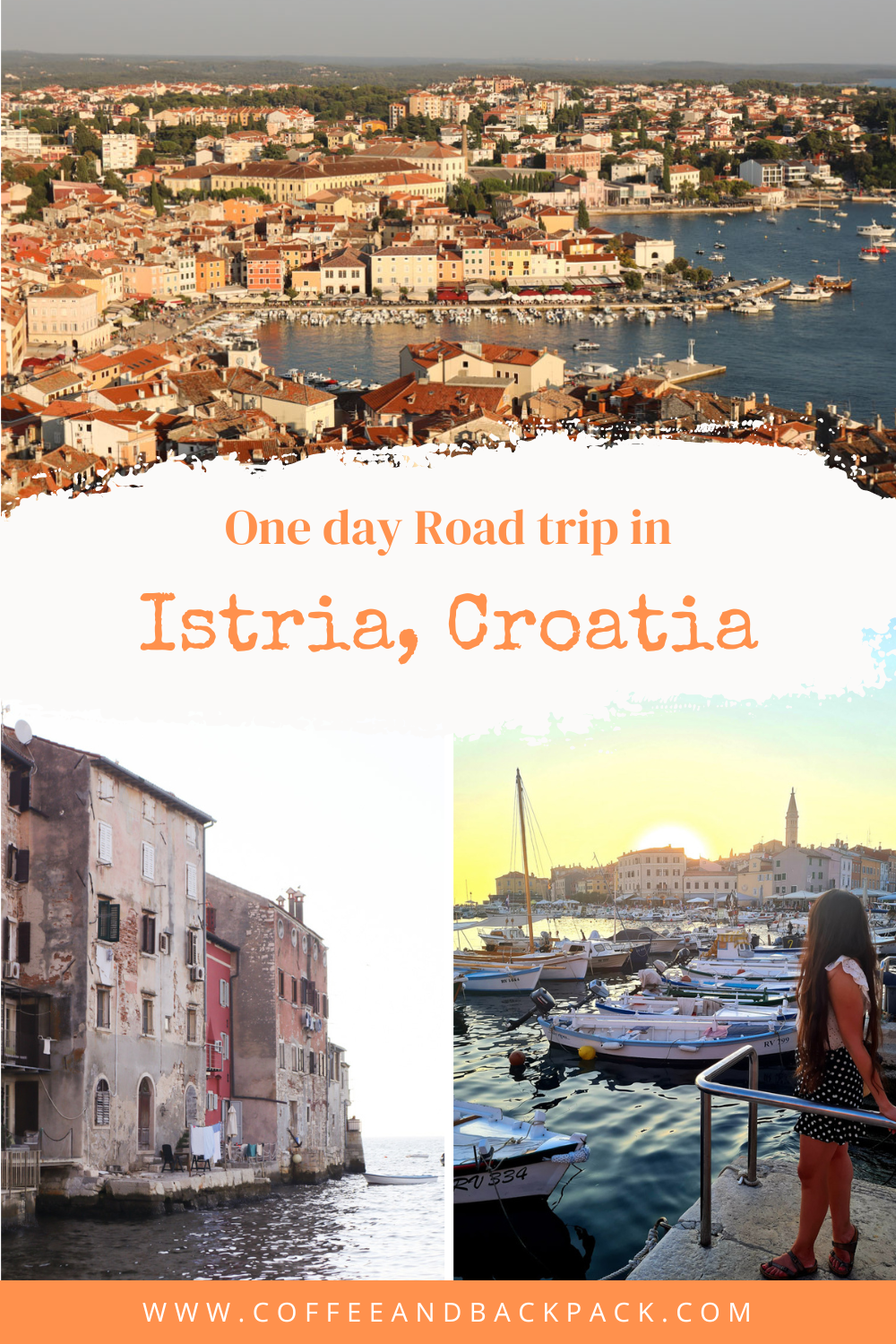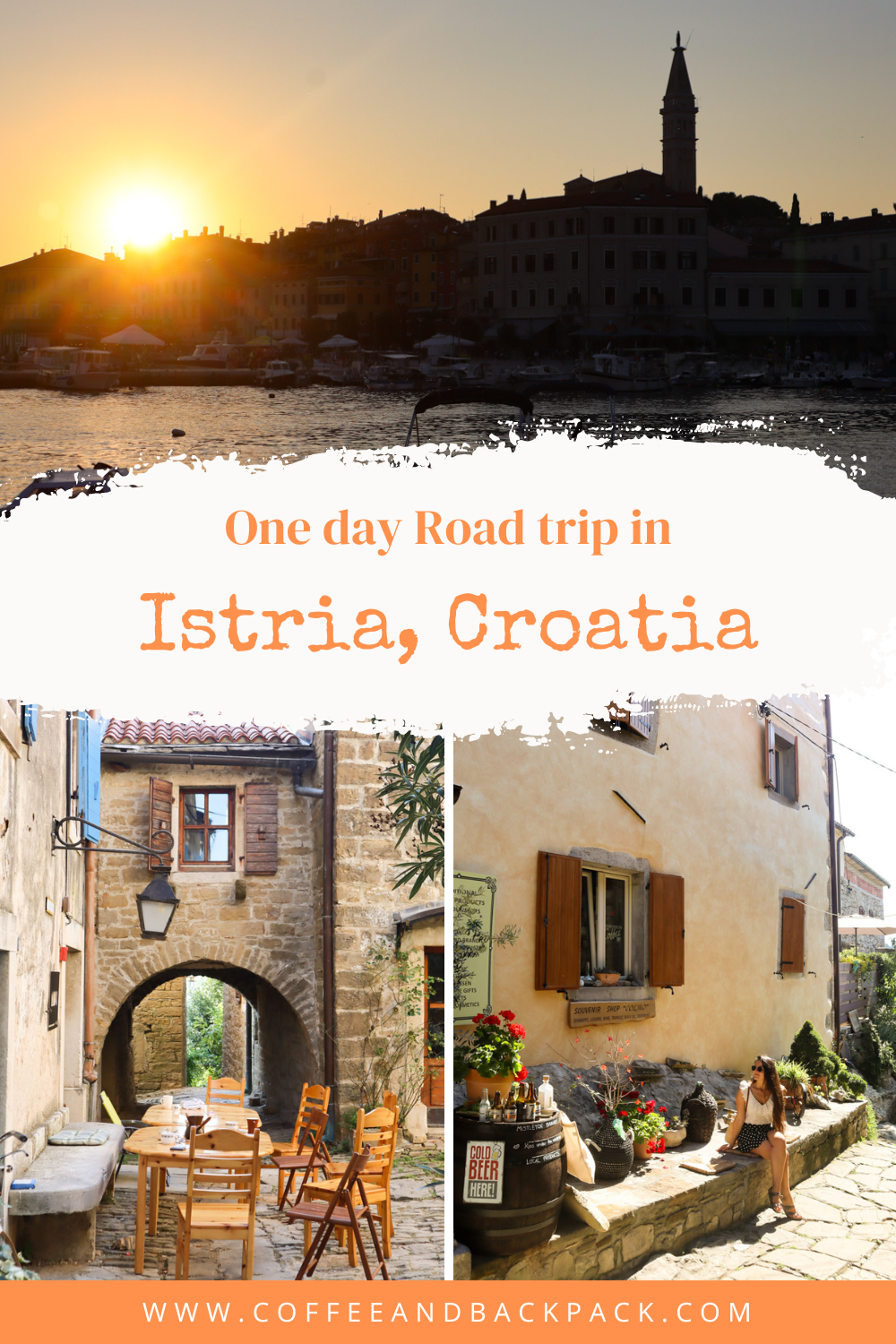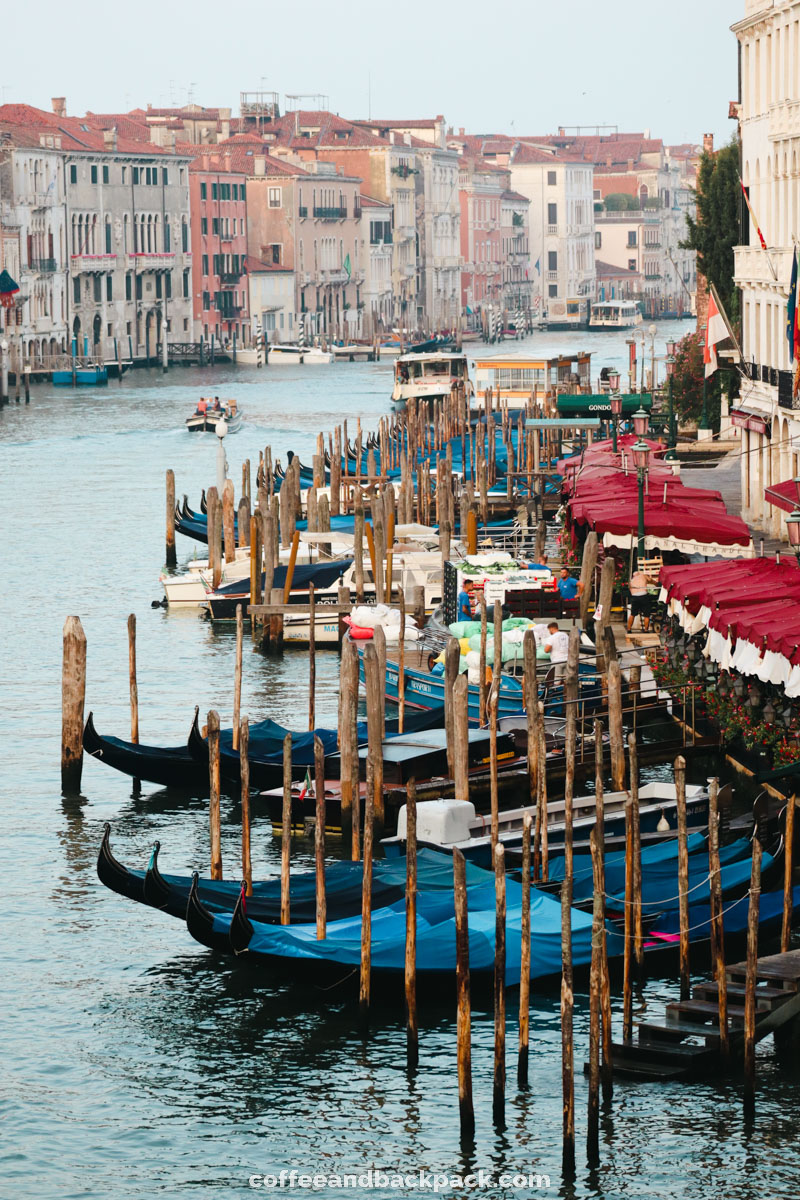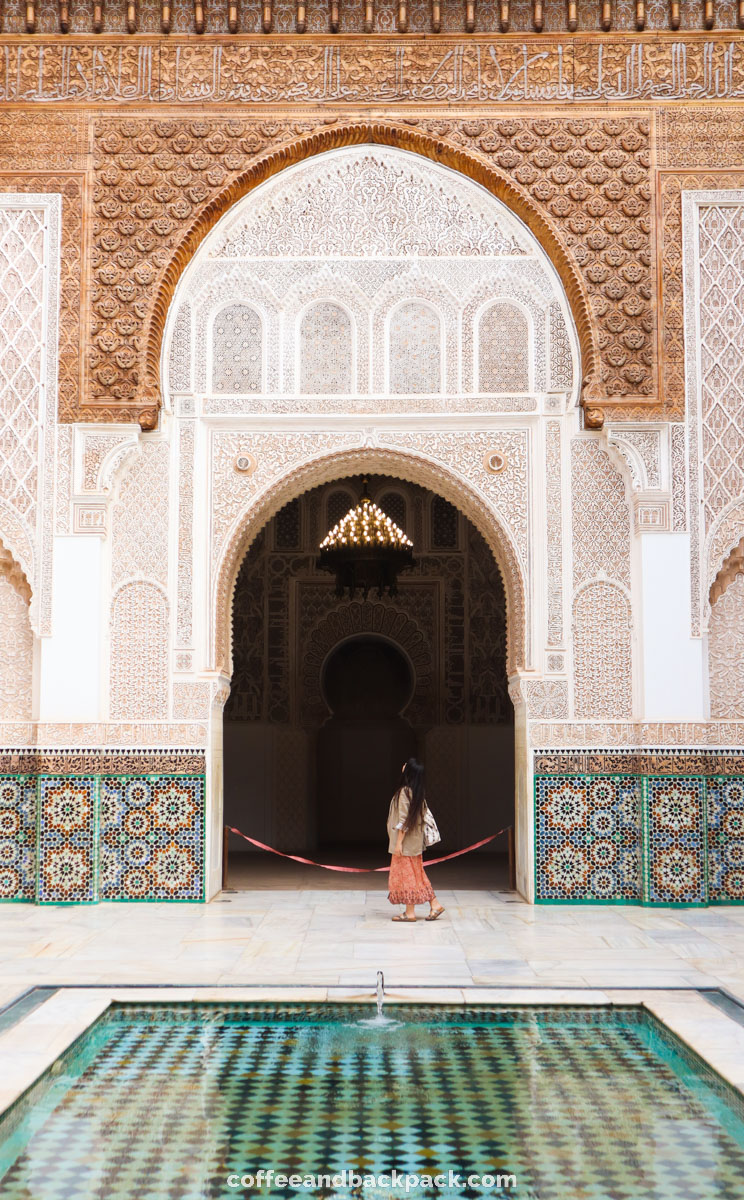Less popular than Dalmatia, home to the famed cities of Split and Dubrovnik, Istria is nonetheless a captivating region. Home to charming stone villages, remnants of the Roman Empire, and picturesque towns perched along the coastline. Istria is also a hub for Croatian gastronomy, offering a rich culinary experience that should not be missed.
Bilingual region blending Italian and Croatian culture and lifestyle, Istria is an ideal destination for a 1-2 day road trip from Zagreb, Slovenia, or Italy's Friuli Venezia Giulia region. It also makes for a perfect stop on a longer Adriatic coast itinerary.
This article brings together the highlights of Istria on an itinerary that can be completed in two or even one day by car, offering a perfect snapshot of the region's gems.
Hum, the world’s smallest village
The first stop on this route is Hum, famously known as the smallest village in the world. With just five inhabitants and only two streets, it's no surprise that you can explore Hum in under an hour. Despite its tiny size, the village is home to a church and a centuries-old rampart that has protected it since the 16th century.
Today, Hum is a stopover village where you can enjoy a coffee overlooking the forests of Istria after sampling the local liqueurs and cheeses in the village's two souvenir shops. While entry to the church and village is free, there is a small fee for parking at the village entrance.
Motovun
Next, head to the village of Motovun, perched on a hill 270 meters above sea level. This medieval gem offers breathtaking 360-degree views over the valley and surrounding villages.
There is a shuttle bus service from the car park to the village and back for €3.50 each way. It is advisable to use this shuttle service as the climb to the village is steep and the road is not suitable for pedestrians.
Stop off at one of the restaurants at the entrance to the town, such as the Motona Gallery restaurant, to sample the many dishes based on truffles. This prized mushroom is a local specialty in Istria.
After your meal, explore the charming cobbled streets of the town and conclude your visit with a tour of the ancient ramparts. Access to the Motovun ramparts costs €5 and is available until 4 p.m.
Grožnjan
Grožnjan, perched atop a hill, is a village with a predominantly Italian population—outnumbering the Croats. Its charm lies in its stone houses beautifully decorated with flowers.
Known as the "artists' village," Grožnjan boasts a rich artistic presence, with numerous galleries and studios showcasing a variety of art forms, from paintings and sculptures to theater and music.
Tip
For an unforgettable view of the Istrian forests, relax on the terrace of Café Vero, where you can soak in the picturesque scenery while enjoying a refreshing drink.
Rovinj
Rovinj is undoubtedly the most famous town in Istria and often draws comparisons to Venice. Built on a rocky island, it has a striking resemblance to a floating city. With its Roman and Byzantine heritage, followed by protection under Venice and its status as Istria’s wealthiest city, Rovinj boasts a rich and diverse history.
As you explore the old town, meander through its charming narrow streets until you arrive at the Church of St Euphemia. For just €4 and a bit of effort, you can ascend to the top of the cathedral, where you’ll be rewarded with breathtaking views of the city and its iconic orange rooftops.
Head back down to Balota beach if you fancy a dip, or head to the Marina to admire the view of Rovinj harbour and enjoy its many cafés, ice cream shops and restaurants.
The Istria region is renowned for its wines and fresh seafood. Rovinj, in particular, serves as an excellent base for exploring Croatian gastronomy.
Tip
When dining out in Croatia, it's essential to carry cash, as very few restaurants and bars accept card payments.
Pula
Continue on to the town of Pula, 45 minutes further on. Pula is an ancient Roman city that has preserved some of its remains, such as the amphitheater.
This amphitheater served the same purpose as the Colosseum in Rome and is still very well preserved. In fact, it is one of the largest amphitheaters built by the Romans.
In addition to its historical sites, Pula boasts numerous beautiful beaches, making it difficult to choose just one for relaxation and swimming. We recommend visiting Zlatne Stijene, with its stunning Ambrela Beach and Brioni Beach, which we consider among the most beautiful in the area. You can follow a picturesque coastal path leading to the Verudela Canyon, where you'll be treated to breathtaking views of the sea. For the adventurous, a descent to the beach below offers a rewarding experience in the midst of nature.
Tip
Beware, the beaches around Pula can sometimes be populated by jellyfish. Most of them are harmless. To find out which beaches to avoid on your visit to Istria, consult the application
Meduseo.
Opatija
Conclude your itinerary with a visit to Opatija, a charming seaside town nestled at the foot of the Učka Mountains. Here, you can enjoy a pleasant promenade along the waterfront that leads you to the iconic statue of the Damsel with the Seagull, a symbol of the town.
Near the statue, explore the Church of St. James and the adjacent Svetog Jakova Garden. Continue your stroll along the seafront to Angiolina Park, where the beautifully landscaped promenade offers the perfect spot for a refreshing swim before dinner. From here, you can also enjoy a picturesque view of the distant island of Krk.
If you're in the mood for a good coffee and/or a sweet treat, head to the Choco bar - Bonbonnière Kraš. Kraš is Croatia's iconic brand of biscuits and sweets. They are the creators of the Bajadera, a traditional Croatian sweet made from marzipan and chocolate.
For dinner, we highly recommend the
Ružmarin restaurant.
Like this article? Save it on Pinterest!
